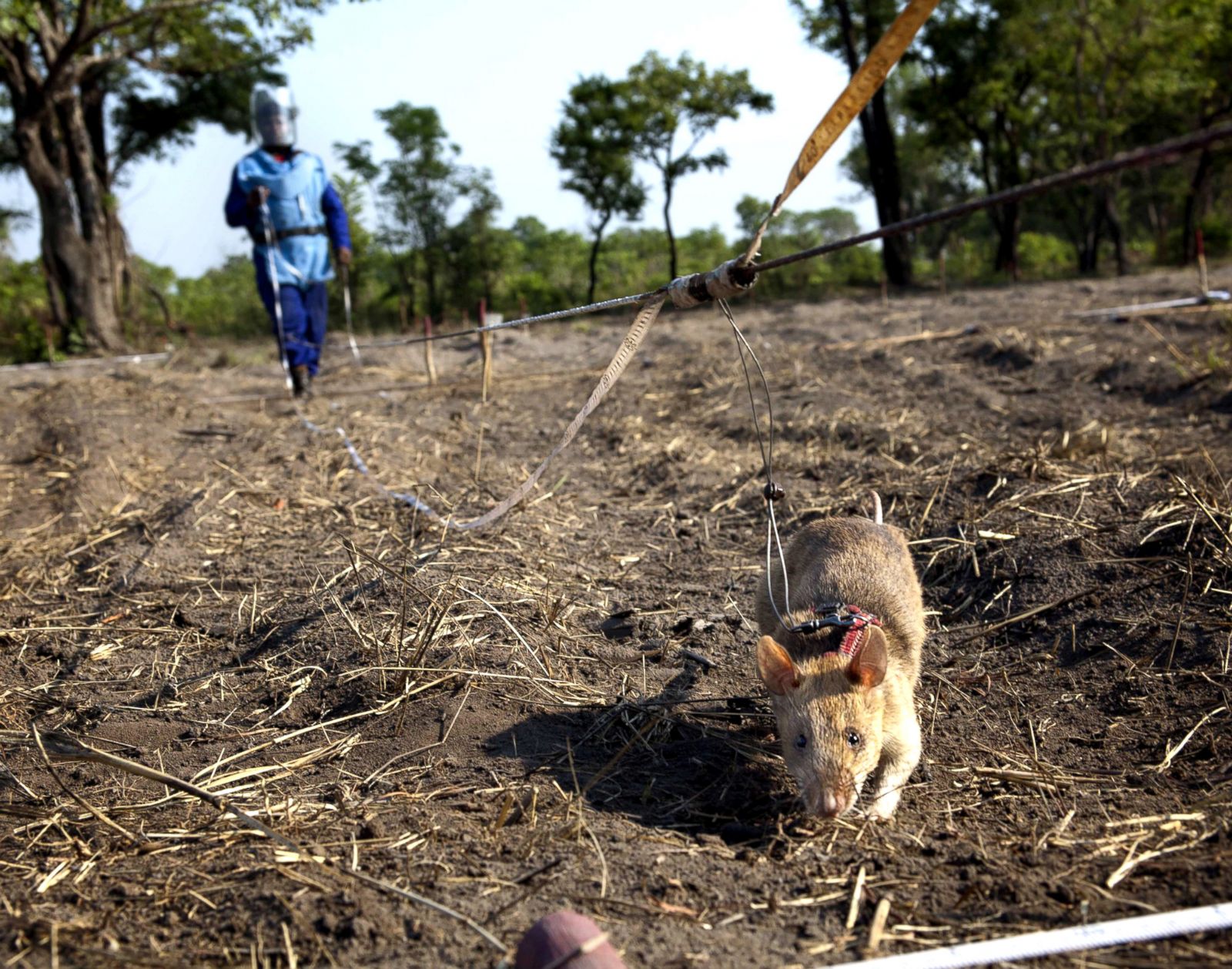The Ottawa Convention: A Landmark Treaty Banning Anti-Personnel Landmines
Editor's Note: The Ottawa Convention: International Accord Prohibiting Anti-Personnel Landmines was published today. This topic is important because it provides a comprehensive insight into The Ottawa Convention: International Accord Prohibiting Anti-Personnel Landmines, highlighting its importance and benefits.
Our team has analyzed and gathered information to present a comprehensive guide on The Ottawa Convention: International Accord Prohibiting Anti-Personnel Landmines. This guide aims to provide a clear understanding of the treaty and its implications.
Key Differences or Key Takeaways
Transition to main article topics
FAQs: The Ottawa Convention
The Ottawa Convention, formally known as the Convention on the Prohibition of the Use, Stockpiling, Production and Transfer of Anti-Personnel Mines and on their Destruction, is an international treaty that prohibits the use, production, stockpiling, and transfer of anti-personnel landmines (APLs). The treaty was adopted on September 18, 1997, and entered into force on March 1, 1999.

Anti-personnel Landmines Friend or Foe? - Source www.dandbmilitaria.com
Question 1: What are APLs?
APLs are explosive devices designed to detonate when stepped on or touched. They are often used to target enemy soldiers, but they can also harm civilians, including women and children.
Question 2: Why were APLs banned?
APLs are indiscriminate weapons that can cause severe and lifelong injuries. They can also hinder humanitarian efforts, such as demining and reconstruction.
Question 3: How many countries have signed the Ottawa Convention?
As of 2023, 164 countries have signed the Ottawa Convention. The United States and China are notable exceptions.
Question 4: What are the obligations of states parties to the Ottawa Convention?
States parties to the Ottawa Convention are obligated to destroy their stockpiles of APLs, clear mined areas, and assist victims of landmines.
Question 5: What is the importance of the Ottawa Convention?
The Ottawa Convention has helped to reduce the number of landmine casualties worldwide. It has also raised awareness of the humanitarian impact of APLs and promoted efforts to clear mined areas.
Question 6: What challenges remain in the fight against APLs?
Despite the progress made under the Ottawa Convention, APLs continue to be used in some conflict zones. There is also a need to address the legacy of landmines in areas that were mined before the treaty entered into force.
The Ottawa Convention is a landmark treaty that has made a significant contribution to the global effort to eliminate the scourge of APLs. However, there is still more work to be done to ensure that all APLs are destroyed and that all victims of landmines receive the assistance they need.
Read more about the Ottawa Convention here.
Tips
The Ottawa Convention is an international accord that prohibits the use, production, stockpiling, and transfer of anti-personnel landmines. It was adopted in 1997 and has been signed by over 160 countries.

Rats Sniff Out Landmines Photos - ABC News - Source abcnews.go.com
Tip 1: Educate yourself about the Ottawa Convention.
Learn about the history of the convention, its goals, and its impact. This will help you understand why the convention is important and why it should be supported.
Tip 2: Get involved with your local campaign to ban landmines.
There are many ways to get involved in the campaign to ban landmines. You can volunteer your time, donate money, or write letters to your elected officials.
Tip 3: Spread the word about the Ottawa Convention.
Talk to your friends and family about the convention. Share information about the convention on social media. Write articles or letters to your local newspaper.
Tip 4: Support organizations that are working to ban landmines.
There are many organizations that are working to ban landmines. You can support these organizations by donating money, volunteering your time, or spreading the word about their work.
Tip 5: Call on your government to support the Ottawa Convention.
Write to your elected officials and let them know that you support the Ottawa Convention. Encourage them to take action to ban landmines.
The Ottawa Convention is an important step towards a world free of landmines. By following these tips, you can help to make a difference.
To learn more about the Ottawa Convention, visit The Ottawa Convention: International Accord Prohibiting Anti-Personnel Landmines.
The Ottawa Convention: International Accord Prohibiting Anti-Personnel Landmines
The Ottawa Convention, a landmark international treaty, comprehensively addresses the devastating impact of anti-personnel landmines. This accord establishes pivotal key aspects that comprehensively address the issue.
- Prohibition: Outlawing production, use, transfer, and stockpiling of anti-personnel landmines.
- Assistance: Providing support for landmine victims, including medical care and rehabilitation.
- Clearance: Establishing timelines for the clearance of landmines and the destruction of existing stockpiles.
- Education: Raising awareness about the dangers of landmines and promoting mine risk education.
- Compliance: Implementing mechanisms to ensure adherence to the convention's provisions.
- International Cooperation: Fostering collaboration among nations to address the global landmine problem.
The Ottawa Convention serves as a powerful instrument in the fight against landmines. It has significantly reduced the production and use of these weapons, provided assistance to countless victims, and facilitated the clearance of landmines in numerous countries. The convention's key aspects represent a comprehensive approach that addresses the humanitarian, developmental, and security challenges posed by landmines.

Rats Sniff Out Landmines Photos - ABC News - Source abcnews.go.com
The Ottawa Convention: International Accord Prohibiting Anti-Personnel Landmines
The Ottawa Convention, formally known as the Convention on the Prohibition of the Use, Stockpiling, Production and Transfer of Anti-Personnel Mines and on their Destruction, is an international treaty that bans the use, stockpiling, production, and transfer of anti-personnel landmines (APL). APLs are defined as mines that are designed to explode when a person steps on or near them. The Ottawa Convention was adopted on September 18, 1997, and entered into force on March 1, 1999. As of December 2021, 164 states have become party to the Convention.

Trump Lifts US Restrictions On Anti-personnel Landmines - i24NEWS - Source www.i24news.tv
The Ottawa Convention was the culmination of a global campaign to ban APLs, which began in the early 1990s. The campaign was led by a coalition of non-governmental organizations (NGOs), including the International Campaign to Ban Landmines (ICBL). The ICBL was founded in 1992, and its members included Handicap International, Human Rights Watch, Physicians for Human Rights, and the Vietnam Veterans of America Foundation. The ICBL worked to raise awareness of the humanitarian impact of APLs, and to advocate for a global ban on their use.
The Ottawa Convention is a landmark treaty that has had a significant impact on the global fight against APLs. The Convention has helped to reduce the number of APLs in the world, and it has also helped to raise awareness of the humanitarian impact of these weapons. The Convention is a testament to the power of civil society activism, and it is a model for other efforts to ban weapons that cause indiscriminate suffering..



